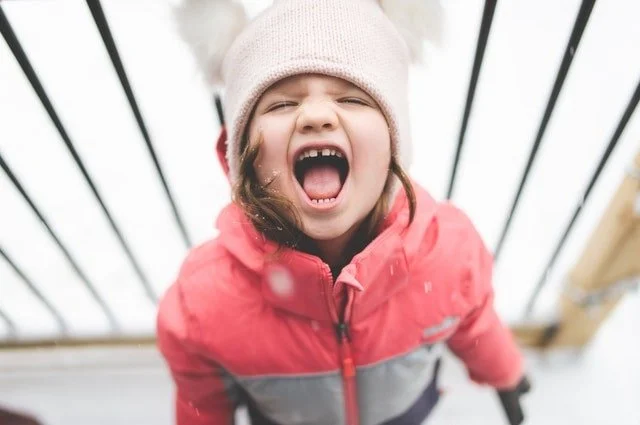When many people think of ADHD, the popular thought process jumps right into medication. It definitely has a time and place for this disorder, but it is not always for everyone. Regardless of your stance on medication, there are other interventions to address your child’s focus and concentration.
Read MoreIt’s important that you understand that your child’s attempts to express themselves are works in progress. They’ll need you throughout their childhood as a safe and loving guide.
Read MoreAs you may know, most children learn best in a way that involves more than words—riding a bike, jumping rope, catching a ball, etc.
In other words, children can capture and store valuable information best when adults show them, allowing them to experience the “lesson.”
But, what about when it comes to something as significant as anxiety? After all, this is a condition that may impact a child’s entire life. It’s more important to understand than just learning to jump over a rope or pedal a bicycle.
Yet, adults often overlook, or fail to deliver, an effective message about anxiety. As a result, children (and parents) miss triggers, adding to the issue.
A better solution? Show them by teaching them what it looks and feels like as well as what to do about it. And you can do this by using everyday situations in real life.
Here’s how to explain anxiety to a child in a way that will benefit them.
Read MoreDespite anxiety usually being pegged as an adult condition, children can experience it too.
In fact, a growing number of parents are able to acknowledge and address anxiety in their children by using mindfulness.
Mindfulness is a trendy topic nowadays. Yet, teaching mindfulness to your anxious child can profoundly impact them. The skills and self-awareness learned through this practice can positively influence their future as well.
It’s natural for your child to experience some level of anxiety in life such as before a recital or when the lights are turned out during a first overnight visit. Yet, the symptoms of childhood anxiety can easily start to negatively impact your child.
Here are a few keys about why and how to teach your child mindfulness.
Read MorePerhaps your child tends to lose his/her cool, has tantrums, or reacts to stressors in a manner that seems out of proportion to the trigger. Harvard Medical School estimates that almost two-thirds of American adolescents have had at least one moment of expressing anger through an attack that involved threatening violence, or actual violent behavior. Uncontrollable anger attacks are much more common than you might think.
Read More





